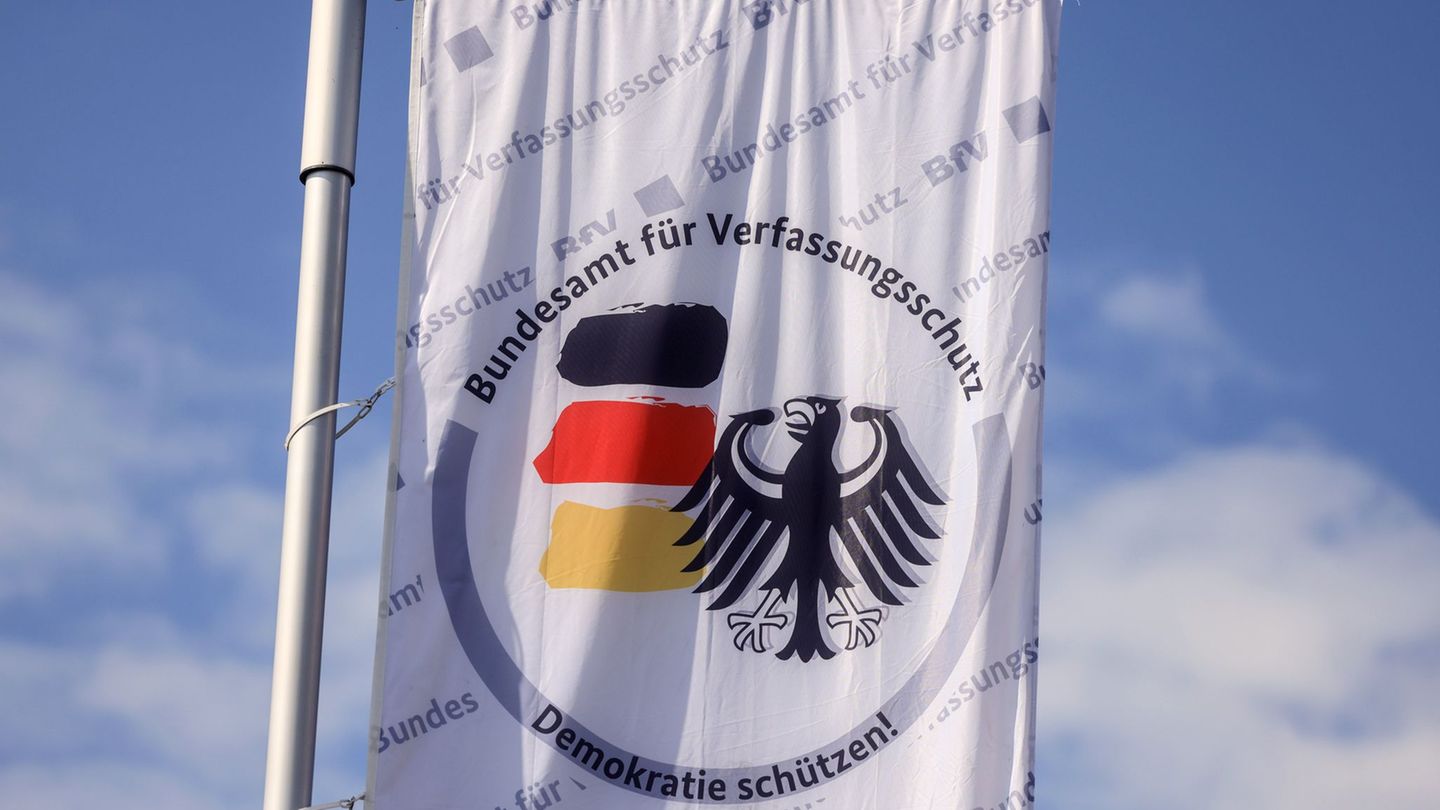After being validated in the Industry Commission with the support of the ruling party, the coalition legislators approved this Thursday in an extraordinary session in Deputies the new media law which aims to displace the current one, so it will now be sent to the Senate.
This new law, on which the University of the Republic (Udelar) was against some points, it is the last big move that the government intends to approve before the elections presidential elections next year. The project aims to displace the current media law approved in the government of José “Pepe” Mujica and has the objective of “clarifying” various situations.
After more than three years working in the Parliament, Finally the text obtained approval from the Industry Commission and has now been approved in general in Deputies during the extraordinary session, with 47 votes in favor and 42 against. It is a decision that is surprising for its speed after being out of the question for so many years.
What support will the law have?
In commission, the project had the support of National Party, he Colorado Party, he Independent Party and of Town meeting – with the vote of Sebastian Cal -, while the opposition was in favor of some points such as the protection of minors and other guarantees.
Now, in the individual vote, the most rebellious party within the ruling coalition, Town meetingstated that he plans to vote against articles 39 and 40 that propose that media owners can agree to provide services jointly and the other that forces subscriber cables to retransmit open television channels.
Then it will be the turn of the Senate, that will take the text next year, in the middle of the electoral stage. Added to this is the fact that campaign advertising contracts add up to a great unknown, accompanied by the financing project for political parties where there is an article of free election advertising as one of the most controversial topics within the text.
Udelar’s opinion
This Tuesday, the Central Board of Directors of Udelar published a statement establishing that the bill “does not comply with the standards of democratic quality in terms of communication, as it does comply with current regulations which had a partial and late application in the previous government and very little in this one.
In that sense, Udelar assures that the regulations to be voted on “enable greater concentration and foreignization of the media of the country, disables the citizen participation and does not guarantee transparency in decisions on spectrum use and media regulation“An opinion that coincides with the claims of the PIT-CNT and the Broad Front. On the other hand, they establish that the concentration of media that would be allowed with this new law has key recipients who would benefit from the new regulations.
Media concentration, a problem
In this sense, the bill establishes that an owner or economic group must not exceed four licenses in the metropolitan area and six in the rest of the country with regard to the FM or AM radio and a license to open television. Meanwhile, if the radio licenses are in the capital and in the interior, they should not exceed eight, while eight licenses are allowed throughout the country for television cables for subscribers.
For its part, current law establishes that only three television and radio licenses can be accumulated together. However, economic groups such as Clarion and Magnolia They already exceed the limit.
Source: Ambito




